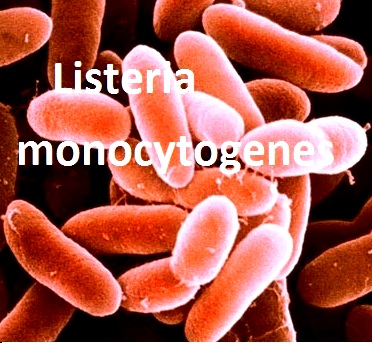A study published in the International Journal of Food Microbiology summarizes the surveillance of Listeria monocytogenes in Ready-to-eat (RTE) foods such as salads, deli meats, soft/semi-soft cheese, seafood) and frozen vegetables. In the last 30 years, the study estimated the prevalence of 1.4–9.9 % worldwide (WD) and 0.5–3.8 % in the United States (US). Current L. monocytogenes control efforts have led to a prevalence reduction in the last 5 years of 4.9–62.9 % (WD) and 12.4–92.7 % (US). Most cases were attributed to deli meats (>90 % of cases), followed by RTE salads (3.9–4.5 %), soft and semi-soft cheese, and RTE seafood (0.5–1.0 %) and frozen vegetables (0.2–0.3 %). Cases attributed to the increased risk population corresponded to 96.6–98.0 % of the total cases, with the highly susceptible population responsible for 46.9–80.1 % of the cases. Removing product lots with a concentration > 1 CFU/g reduced the prevalence of contamination by 15.7–88.3 % and the number of cases by 55.9–100 %. @ https://www.sciencedirect.com/science/article/pii/S0168160522004044?via=ihub#
Study investigates the public health impact of Listeria monocytogenes allowable levels in different food products
No comments

